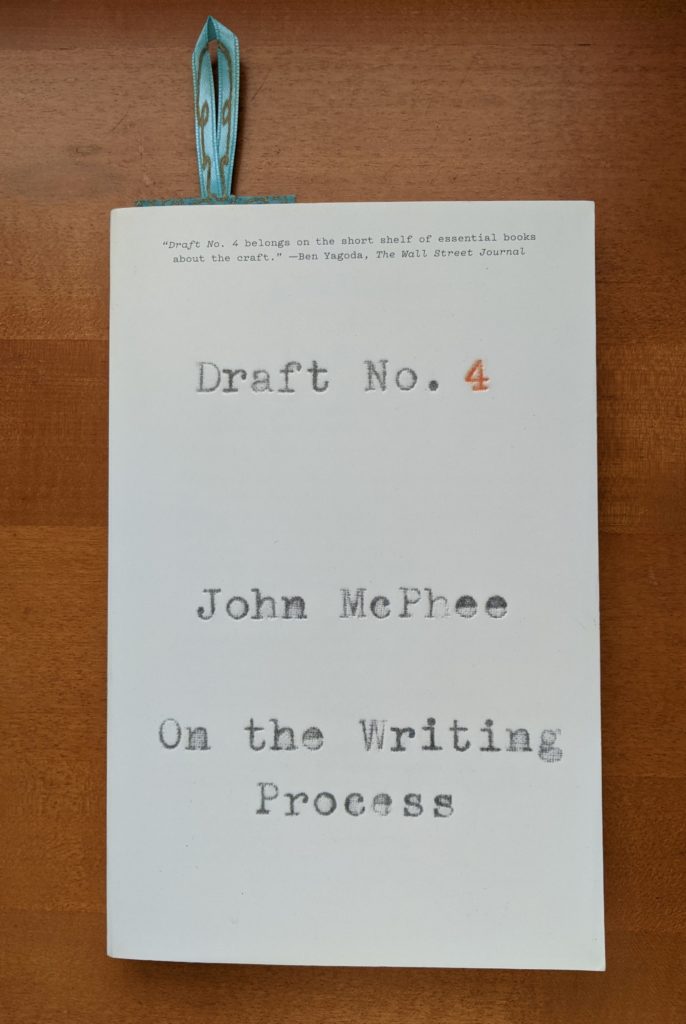
Some writers have told me they dread revisions. They love the initial creation of a work—a poem, essay, short story, novel; that rush of excitement as the ideas flow, as the words pour out effortlessly and they seem to enter an out-of-body state. Revisions aren’t like that. Revisions can mean staring at the screen or paper, head in hand, wondering what the heck you were trying to say in a particularly flowery passage. Or realizing that your favorite character, the one that made all those snarky comments worthy of Dorothy Parker, has no place in your book and has to be cut. And that long descriptive scene that you wrote because it reminded you of a perfect time in your childhood? What’s the point of it in terms of your plot? You do have a plot, don’t you?
Revisions require you to look at what doesn’t work, at where you went astray as you wrote with such delight, imbued with that power of creation. You have to cut. You have to rewrite. You have to rethink characters and plot points. You have to rewrite dialogue. Often, a lot of dialogue because all your characters sound alike or their speech lacks a natural flow. Or you tried too hard to create a certain dialect or accent, and what you wrote is unintelligible even to you. Revision lacks the joy of discovery of that first act of creation.
So say some writers. I disagree. Not that I don’t love writing a first draft, being astonished at what I learn about my characters as they grow, thrilled when a scene that I didn’t see coming really works. But when I’m done with that first draft, I know the end doesn’t match the beginning, there are scenes that are flat or flabby, characters that are only half realized, subplots that meander into the weeds. I accept the challenge of fixing all that.
The revision process also lets me be surprised by my work. I write novels. Since it’s my avocation, I can only write for an hour a day, and so it takes me a long time to write a three hundred page book. By the time I start revising, I don’t remember everything I wrote. I can be startled by an unexpected undercurrent in a scene, a subtle twist to a character who I thought was someone else. I delight in discovering that, along with what doesn’t work, much does work. That unexpected undercurrent becomes a major plot point; the character’s subtle twist forces her to act in a way I hadn’t foreseen. I can see how the book developed from what I originally envisioned into something much better.
Don’t fear or dread revisions. They are intended to improve our work, and so are essential. That said, you can over-revise, worry a passage to death, heighten that character’s subtle twist until she becomes a caricature. But then, that’s what the next round of revisions is for.
